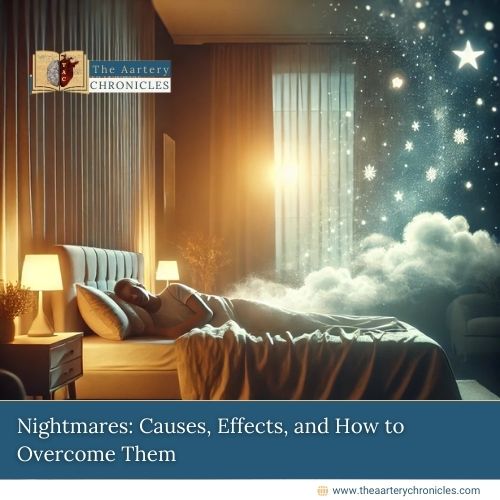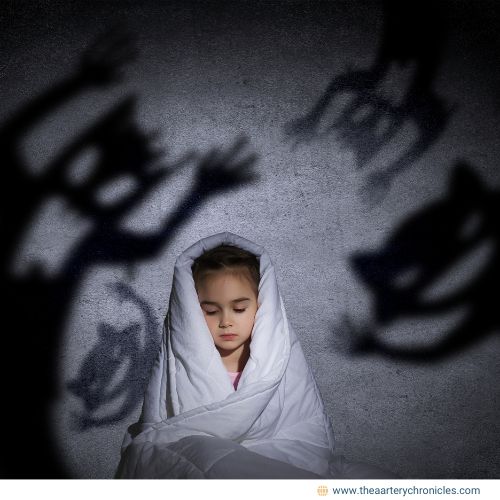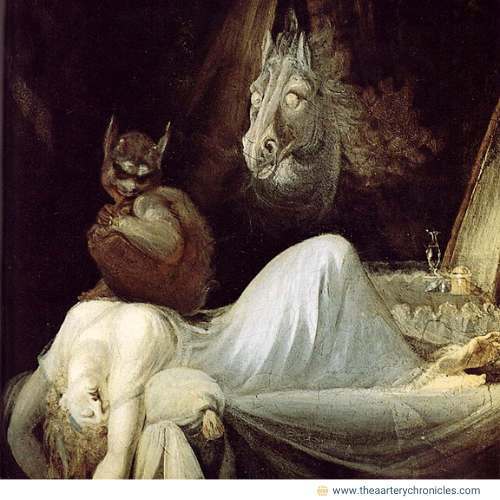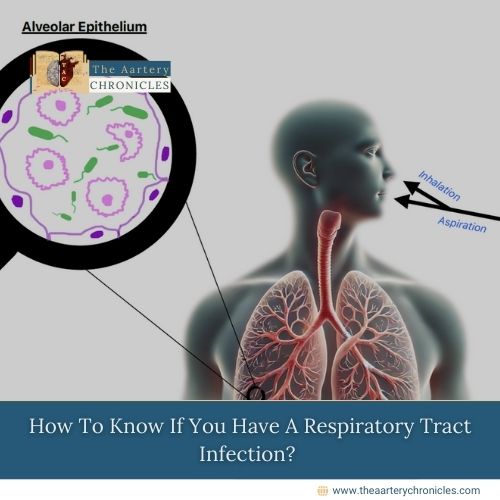

Nightmares: All you want to know about it
Nightmares: The Disturbing Dreamscape
We often use the word “nightmare” to describe bad days or frustrating situations—like getting stuck in traffic or missing deadlines. But for some, nightmares are more than just an annoying metaphor. Have you ever woken up in a cold sweat, heart racing, from a terrifying dream? If so, you’ve experienced what many describe as a true nightmare.
Interestingly, the word “nightmare” had a different meaning in the past. Back in the late 1700s, it referred to the sensation of a heavy weight pressing on the chest during sleep—something we now know as sleep paralysis. But today, nightmares are understood as intense dreams that stir up emotions like fear, anxiety, or distress. So, why do they happen? Let’s dive deeper into the science, causes, and treatment of nightmares.
What Exactly Are Nightmares?
Did you know that nightmares can disrupt more than just your sleep? They can affect your mental health and even impact how you function during the day.

Nightmares occur during REM sleep (the dream stage of sleep) and are often vivid enough to jolt you awake, leaving you shaken and sometimes unable to fall back asleep.
Unlike regular dreams, they usually involve
- Frightening scenarios (such as falling or being chased)
- Threats to safety
- Other distressing themes (feeling trapped)
They typically happen in the latter half of the night when REM intervals lengthen, making the images easier to recall upon waking.
Nightmares are common among children—especially those under 10, but adults experience them too. Women are more likely to report frequent nightmares than men
But unless they’re linked to a condition like post-traumatic stress disorder (PTSD), they’re usually just a normal part of development or life’s stressors.
Why Do Nightmares Happen?
Have you ever wondered what triggers a nightmare? It turns out there’s no single cause. Nightmares can be influenced by several factors, such as:
1.Lifestyle Choices
- Watching scary movies, playing intense video games, or reading thrillers before bed.
- Eating snacks or heavy meals late at night (who knew?).
- Drinking too much caffeine or alcohol.
2. Emotional Triggers
- Stress from work, school, or personal life.
- Anxiety or depression can create a fertile ground for bad dreams.
- PTSD, especially after experiencing trauma.
3. Associated Medical issues:
- Fever or illness can spark vivid dreams.
- Conditions like sleep apnea (where breathing stops briefly during sleep).
- Narcolepsy, a disorder that causes sudden sleep attacks.
4. Medications:
- Antidepressants, narcotics, or over-the-counter sleep aids can sometimes induce nightmares.
- Have you ever experienced vivid dreams after starting a new medication? That could be why!
Are Nightmares the Same as Night Terrors?
Not quite! Nightmares and night terrors are often confused, but they’re different beasts. Nightmares happen during REM sleep, and you usually remember them. Night terrors, on the other hand, occur during deep sleep, and the person often doesn’t recall the event.
Children with night terrors may
- Scream
- Thrash
- Or even sleepwalk
But they typically don’t wake up fully and have no memory of the incident in the morning. Night terrors are more common in kids and usually go away by puberty.
How Are Nightmares Diagnosed?
When do nightmares become a real problem? If they happen often enough to mess with your sleep or make it hard to function during the day, it’s time to talk to a doctor.
Doctors may ask about:
- Your habits such as:
- How much caffeine or alcohol you consume usually?
- Medications you’re taking as some medicines may contribute to bad dreams.
- Any history of mental health conditions like anxiety or PTSD.
In some cases, your doctor may ask you to even undergo a sleep study. During this test, sensors track your breathing, brain waves, and heart rate overnight.
Can Nightmares Be Treated?
Yes! While treatment isn’t always necessary, especially if nightmares are infrequent, there are options if they become disruptive.

- Medical Treatments
- For nightmares linked to PTSD, doctors may prescribe prazosin, a medication shown to reduce these disturbing dreams.
- In rare cases, sleep medications might be recommended.
- Therapy and Counseling
- Cognitive Behavioral Therapy (CBT) can help reduce anxiety and stress that fuel nightmares.
- Talking to a counsellor or therapist about underlying stressors may help, too.
- Lifestyle Changes
- Exercise regularly but avoid it close to bedtime.
- Limit alcohol and caffeine consumption, especially in the evening.
- Create a calming bedtime routine—think yoga, meditation, or a warm bath.
How Can You Help Kids with Nightmares?
If your child is struggling with nightmares, there are ways to ease their fears:
- Encourage them to talk about their dreams and rewrite the endings.
- Provide comfort items like a favourite stuffed animal or blanket.
- Use a nightlight or leave the door open to create a sense of security.
Helping kids understand that nightmares can’t hurt them is also crucial in reducing their fear.
"I’ve had dreams, and I’ve had nightmares. I overcame the nightmares because of my dreams."
Jonas Salk
Conclusion
Occasional nightmares are a normal part of life, but if they’re causing ongoing distress or interfering with your daily life, it’s worth seeking help. Lifestyle changes, therapy, or medication can help you reclaim peaceful sleep.
So, the next time you wake up from a nightmare, ask yourself: What’s triggering it? Sometimes, identifying the cause is the first step toward a better night’s rest.

Dane
I am an MBBS graduate and a dedicated medical writer with a strong passion for deep research and psychology. I enjoy breaking down complex medical topics into engaging, easy-to-understand content, aiming to educate and inspire readers by exploring the fascinating connection between health, science, and the human mind.




